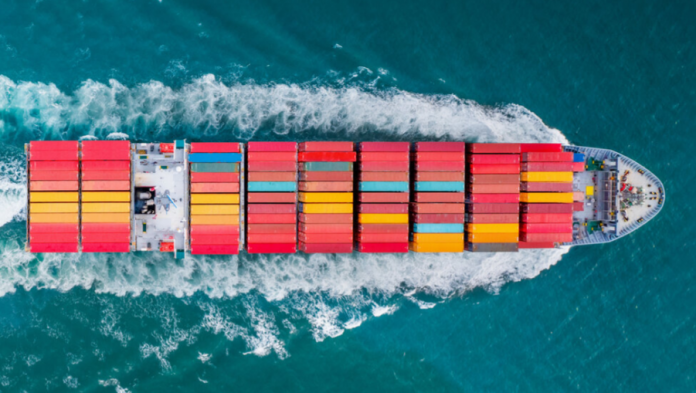Ten trade organisations, representing various parts of the supply chain, from cargo owners and forwarders to port terminal operators, are demanding the immediate start of a review of European Union’s Consortia Block Exemption Regulation for the container shipping industry.
It should be noted that the regulation exempts container shipping companies from many of the checks and balances of EU competition law.
It even allows them to share commercially sensitive information to manage the number and size of ships deployed, as well as the frequency and timing of sailings on trade routes around the world.
As a result, European businesses and others in the supply chain have suffered huge disruption to the movement of goods by container shipping since the regulation was last renewed in April 2020, with many sailings being canceled or diverted to other ports and ports are bypassed at short notice.
Meanwhile, shipping rates have more than quadrupled on many routes and continue to remain 3 to 4 times higher than in 2019 before the pandemic.
The effects of the lockdown on the production of goods, combined with changes in demand due to the effects of the Covid-19 pandemic have been significant.
However, the fact that the shipping industry has collectively managed these impacts while generating profits exceeding US$186 billion in 2021, at the expense of the rest of the supply chain and ultimately Europe’s consumers, proves that something is wrong, according to the organisations.
The benefits of the exemptions from general competition law enjoyed by shipping companies are not distributed fairly between the companies and the rest of the economy, and this itself is a compelling reason why the block exemption should be urgently reviewed.
The review of the regulation will allow all interested parties to submit evidence and arguments on how the Commission should act.
This should include consideration of new measures and mechanisms and should provide sufficient time for them to be considered and implemented before the current regulation expires in April 2024.







